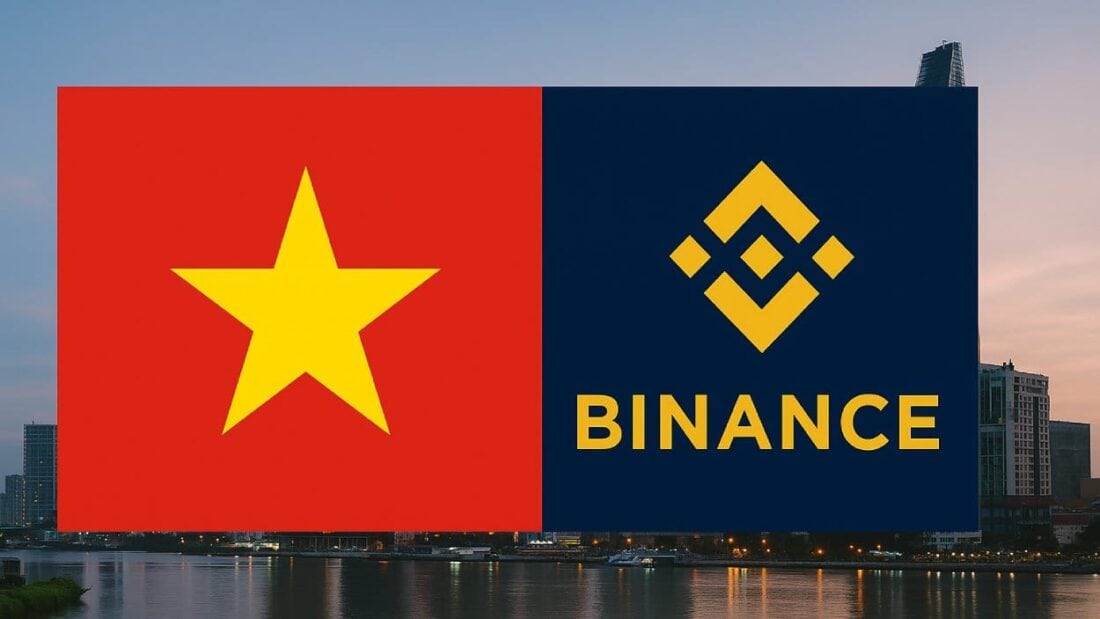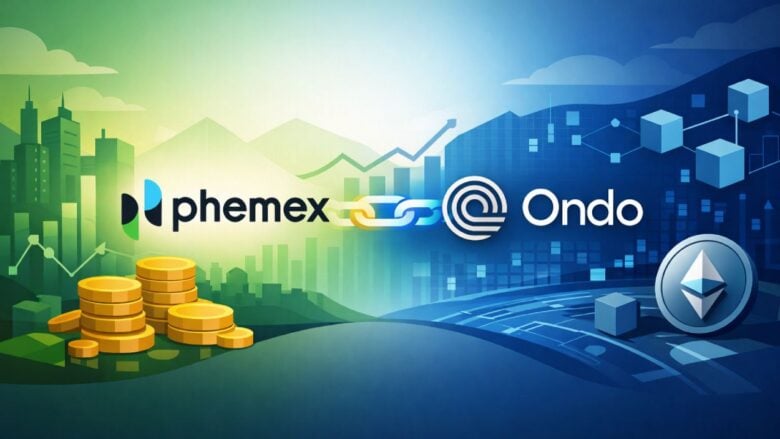Vietnam is partnering with Binance to bring more foreign investors and digital finance opportunities into Ho Chi Minh City as part of its plan to become a global financial hub.
Key Takeaways
- Binance and Ho Chi Minh City signed an MoU to develop a digital-friendly financial center.
- The agreement includes crypto regulation support, blockchain sandbox, and investor outreach
- Vietnam aims to become a major Asian finance hub by 2030.
- Startups and tech talent will receive training in fintech, blockchain, and AI.
What Happened?
On November 26, 2025, during the Autumn Economic Forum, Vietnam’s Ho Chi Minh City signed a memorandum of understanding (MoU) with Binance, one of the world’s largest cryptocurrency exchanges. The agreement is a strategic part of Vietnam’s long-term plan to build a modern, internationally connected financial center in the city.
This collaboration focuses on attracting global investors, crafting a secure regulatory environment for digital assets, and providing infrastructure and education support for fintech innovation.
Ho Chi Minh City Partners With Binance to Advance International Financial Center Plans
— ME (@MetaEraHK) November 26, 2025
The Ho Chi Minh City Department of Finance has signed an MoU with @binance on Nov 26 to support the development of Vietnam’s International Financial Center, according to @techinasia.
Signed… pic.twitter.com/86vFdyE56O
A Major Step Toward Vietnam’s Financial Future
Vietnam has ambitious plans to compete with regional financial hubs by transforming Ho Chi Minh City into a global investment magnet. As one of two selected cities for the Vietnam International Financial Centre (VIFC) initiative, HCM City is already aligning with global players. This deal follows a similar MoU signed with Nasdaq in October 2025, further signaling Vietnam’s push for international financial collaboration.
With Binance on board, the city plans to:
- Introduce foreign investors, financial firms, and capital funds to Vietnam’s finance market.
- Design and implement regulations for digital assets, crypto trading, and blockchain systems.
- Develop payment platforms using cryptocurrencies.
- Support compliant and secure digital finance projects.
These efforts are expected to help Vietnam attract capital, strengthen financial resilience, and encourage cutting-edge innovation.
Regulatory Innovation and Blockchain Testing Sandbox
A standout feature of the agreement is the creation of a joint working group. This group will meet twice annually to monitor progress, adjust strategies, and ensure both sides remain aligned.
In addition, a sandbox program will be launched, providing a controlled space for blockchain and crypto projects to be tested under regulator supervision. This approach helps minimize risk while fostering creativity and responsible development in a fast-changing tech landscape.
Training the Next Generation of Tech Leaders
Beyond infrastructure and regulation, the partnership focuses heavily on talent and knowledge development. Vietnam and Binance plan to support:
- Startups in blockchain, AI, and fintech.
- Training workshops and technical guidance for both companies and regulators.
- Skill-building programs to prepare Vietnam’s workforce for digital finance.
These educational initiatives aim to ensure that Vietnam’s emerging financial hub is not just globally connected but also locally competent.
Strengthening Global Links With Strategic Partnerships
By teaming up with Binance and Nasdaq, Vietnam is clearly positioning Ho Chi Minh City as a hub that merges traditional finance with modern digital innovation. These partnerships serve as crucial stepping stones toward deeper integration into global capital markets.
The Vietnamese government’s presence at the signing, including Prime Minister Pham Minh Chinh and other senior officials, highlights the high level of commitment to this initiative. The project is backed by both local leadership and international investment funds, ensuring a broad base of support.
CoinLaw’s Takeaway
In my experience watching global financial trends, this kind of public-private partnership is exactly what emerging markets need to leapfrog into the digital finance era. Vietnam is doing more than talking about innovation. It’s building it, regulating it, and inviting the world to participate. I found the inclusion of education and sandbox testing especially forward-thinking, as these elements often get overlooked in policy roadmaps. If Vietnam can execute this plan well, Ho Chi Minh City may genuinely become Asia’s next big financial hub.


































































